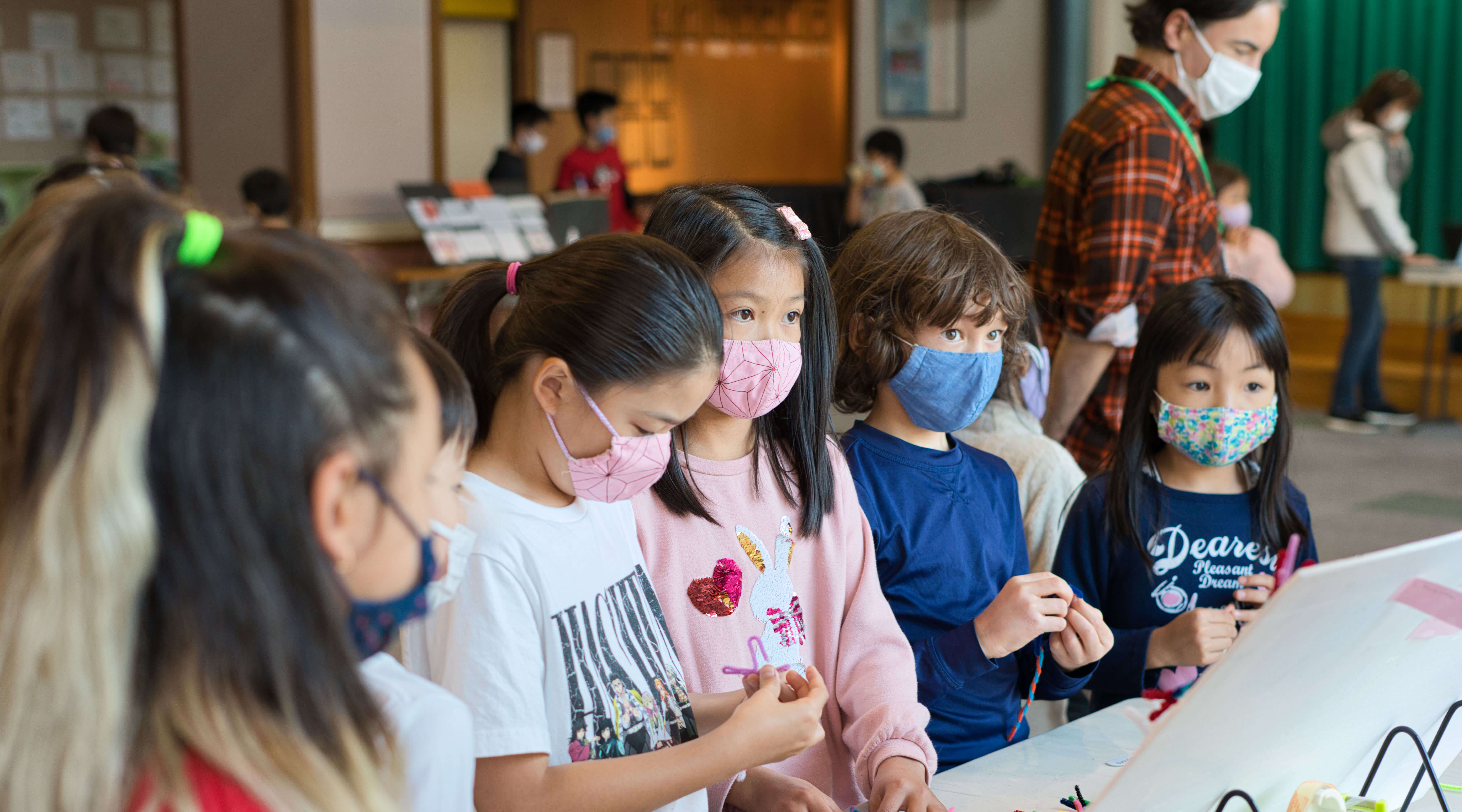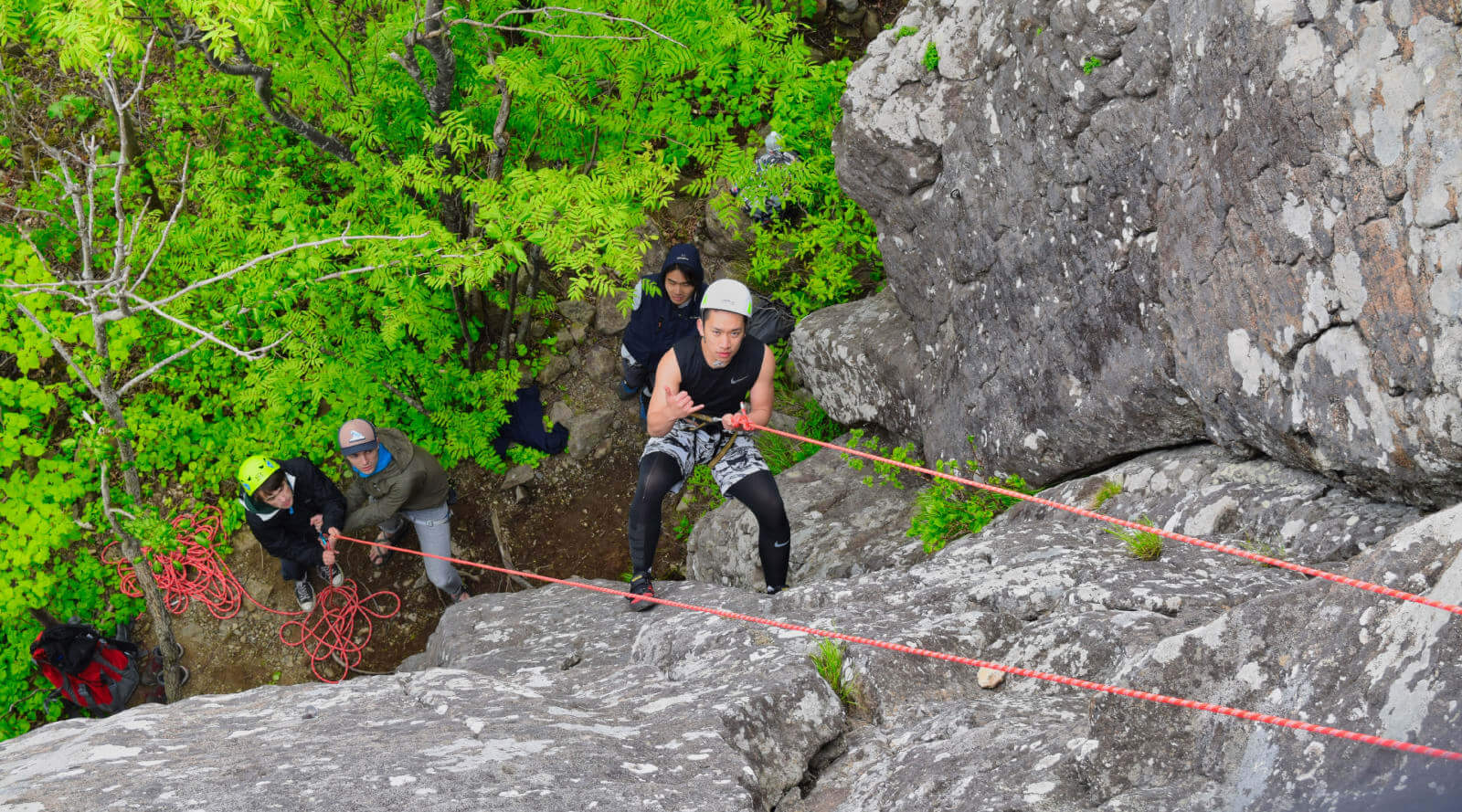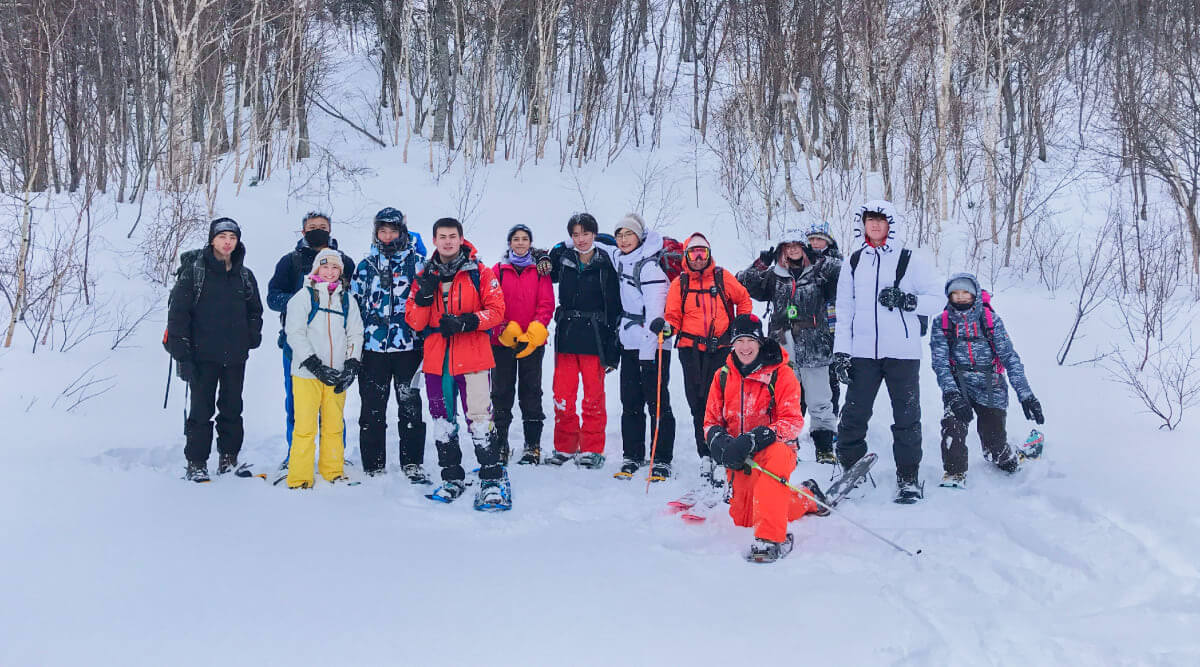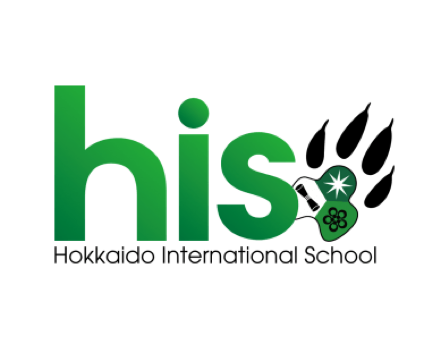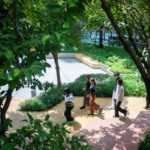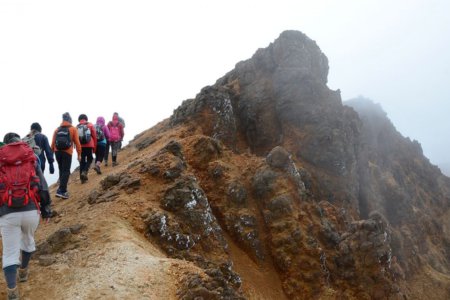Tadashi was sold the moment he heard about the English curriculum at Hokkaido International School (HIS), its long history of academic excellence and its unique focus on outdoor education. He would be able to use what he learns from Japan’s breathtaking landscape to boost what he absorbs from classroom lessons.
Research supports this. The outdoor environment encourages skills such as problem solving and negotiating risk, as well as boosting wellbeing and memory. Little surprise then that HIS students score above average on the SAT and that over 90% pass AP exams with scores of three or higher. HIS offers an unusually robust AP curriculum, including AP Seminar and AP Research courses. These courses stand out to college recruiters on HIS student transcripts and the results show in their university acceptances, which include schools like Baylor University, Cal State Polytechnic University, Beijing Medical University, University of Hong Kong, Imperial College London and Ontario University of Art and Design.
Tadashi had spent the first 15 years of his life in Utah, where the Eagle Scout would go on campouts every month. When his family moved to Japan before his freshman high school year, HIS and its focus on outdoor leadership felt like the right fit. It was the first step to many adventures to come, from scaling the highest peak on Japan’s second largest island to catching magnificent sunsets after trekking through gruelling landscapes. This emphasis on the natural environment makes for a holistic learning experience at HIS, preparing students for college and beyond, academically and personally. To graduate, students must earn 26 academic credits, complete an online portfolio demonstrating their action and reflection towards 14 of the school’s 28 character-based HUSKIES standards, and take part in sports, clubs, volunteer work, and classes outside of school.
“Over my four years at this school, each member of our class was able to create lasting and impactful memories with each other that will forever be a part of our life and story,” shares the Class of 2020 graduate. “From freshman trips to the traditional Japanese city of Kyoto, to graduating together in a unique but memorable ceremony, we were able to form a bond that will last a lifetime,” says Tadashi, who is also founder of the alumni group Husky Legacy Association.
HIS is a private, co-educational day and boarding school that offers an American-style education in Sapporo. Founded in 1958, it is the only accredited international school on the island of Hokkaido. HIS is accredited by the Western Association of Schools and Colleges and is a member of the Japan Council of International Schools (JCIS) and the East Asia Regional Council of Overseas Schools (EARCOS).
When Japan pops up in conversation, the focus is often on Tokyo or Kyoto. While the attention for both is well-deserved, there’s so much more to the country than those two spotlight-grabbing cities. Enter Hokkaido, the northernmost of Japan’s main islands. Hokkaido is blissful in the summer with mild climate and colourful vegetation that you thought only existed in fairy tales. Nature lovers will also find the island particularly appealing, with its annual snow festival, sprawling green urban parks and ample onsens (geothermal hot springs).
HIS students get to conquer Hokkaido’s majestic outdoors and emerge as leaders. From perfecting rock climbing basics and snowshoeing across mountains to coordinating a rescue operation for a missing individual, the Outdoor Leadership course covers it all. With three years of work and six major requirements, students in high school can engage in a unique certificate programme — bolstering their abilities, confidence, and charisma in the area of outdoor leadership.
Student council member Sari participated in the school’s ski days and camping trips in Jozankei, Takino and Dominnomori. “My favourite trip was the Jozankei trip because we got the chance to cook and prepare our own meals with my friends in the snow,” she says.
Teams need confidence, resilience, and leadership to complete such excursions. The school’s Virtues Project focuses on nurturing these traits so that in the long run, students can evolve into capable and contributing members of society. It is where sustainable development goals meet character education, which dovetails with the schoolwide learner outcomes emphasised at the middle and high school levels. Through the Virtues Project, Sari was inspired to decrease the use of plastic to reduce carbon footprint. “With the activities and presentations based on the virtues, it has made me realise why we have these virtues. It makes communities, like the HIS community, stronger by creating better relationships with people,” she says.
Ray was once based at HIS Niseko — a branch of HIS in Niseko. He remembers the warmth he felt walking into the campus. “The faculty members are very capable and even though the campus size is small, many courses are offered to elementary students and it feels like one big family,” he says.
Ray is continuing his learning at HIS Sapporo now, where he is extensively involved in programmes like Outdoor Pursuits, his favourite. “This class was just all about being involved and being immersed in nature — we would go outside for as many times as possible, whatever the weather or season was,” he shares. “The four seasons of Hokkaido were greatly utilised in the outdoor education programmes.” As for his favourite teacher, it’s David Piazza, his outdoor mentor and teacher in his junior and sophomore years. “Not only were his trips the most enjoyable experiences, but he would also always make sure that we would learn something new, whether it be about a peculiar plant we spotted or more important aspects such as emergency preparedness,” Ray explains. “I have been mesmerised by the beauty and grandeur of nature on any trip that Mr. P, as we call him, has shown me, whether it be snowshoeing in a local part or climbing 1,800 metres above sea level on Mount Yotei.”
You can read more about Hokkaido International School at their website, found here.

